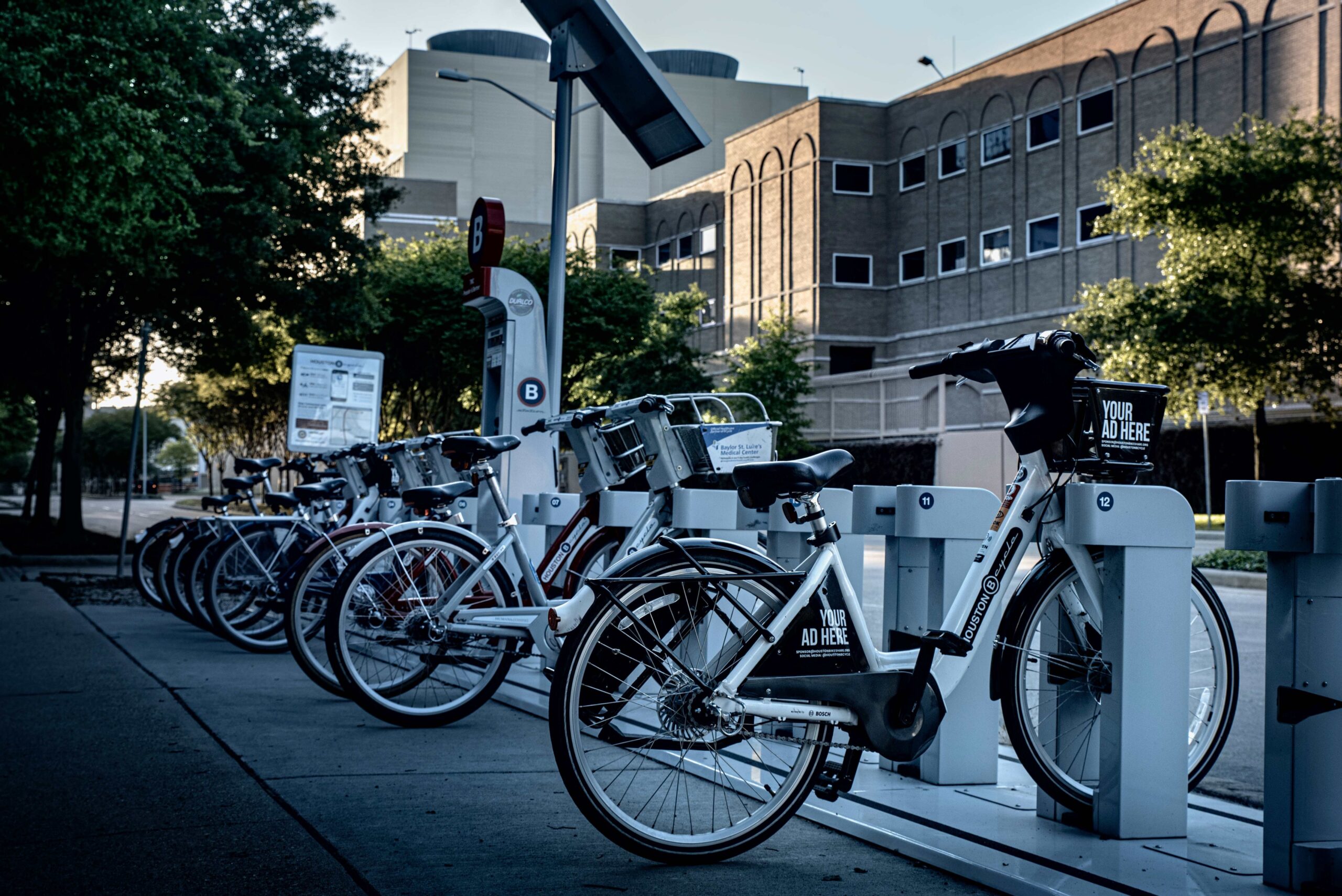As the clamor around environmental responsibility and sustainable transportation gains momentum, Kenya, often seen as a developing nation, took an unconventional leap. President William Ruto, in collaboration with African startup Spiro, recently revealed an ambitious plan to integrate electric motorbikes into the country’s transportation system. This move comes as a rather intriguing contrast to the sentiment brewing in parts of Europe, notably in Paris, where electric scooters face the axe.
Kenya’s roads currently play host to around two million motorbikes, prominently the “boda bodas” – the two-wheeled taxis prevalent throughout Africa. These combustion-engine vehicles, besides being a cornerstone of Kenya’s transit system, are also significant contributors to environmental degradation. “The adoption of electric mobility is a high-priority intervention,” Ruto remarked, aiming to address not just the environment but also concerns like pollution, health hazards, and escalating fuel costs. The broader vision is to pivot away from combustion engines entirely, particularly with the increasing acknowledgment of their adverse impact on air quality and climate change.
This move is especially significant for a continent like Africa. Even though it contributes a meager 2-3% of global greenhouse gas emissions, the repercussions of climate change are starkly pronounced here, as observed by the UN Environment Program. Spiro’s involvement, having already pioneered nearly 10,000 electric bikes across African countries, further lends credibility and scale to this endeavor. Their proposal of establishing 3,000 battery-charging stations in Kenya alone amplifies the scale of this transformation.
The drive aligns with Kenya’s ambitious renewable energy goals, where Ruto envisages sourcing 100% of the nation’s energy from renewables by 2030, up from the current 90%. Kenya, despite its reliance on renewable sources like hydroelectric and geothermal power, still grapples with frequent power outages, the recent one rendering parts of Nairobi powerless for hours. These infrastructural challenges, compounded with surging fuel prices and a strained economy, make the electric transition not just an environmental prerogative but also a solution to economic hardships.
In stark contrast, Europe, notably Paris, exhibited reluctance towards electric vehicles, especially scooters. The recent referendum in the French capital saw a resounding 90% vote against rental scooters, although the turnout was a paltry 7.5%. Paris Mayor Anne Hidalgo, while applauding the move, termed these e-scooters as “nuisances.”
Kenya’s decisive embrace of eBikes, juxtaposed against Paris’s reluctance, underscores the varied perceptions of sustainable transportation globally. While some view it as a nuisance, others, like Kenya, perceive it as a lifeline to a sustainable future. Only time will reveal which approach proves prescient, but for now, Kenya’s audacity deserves applause.




